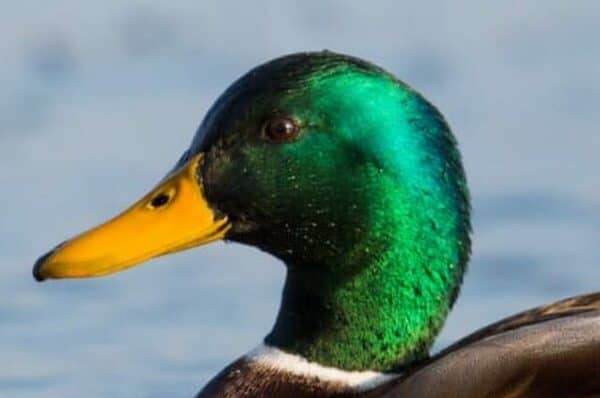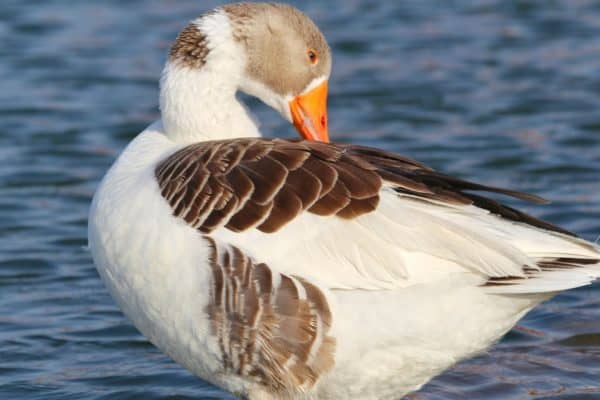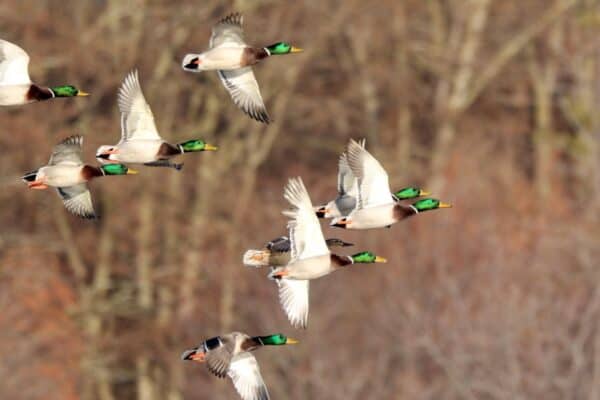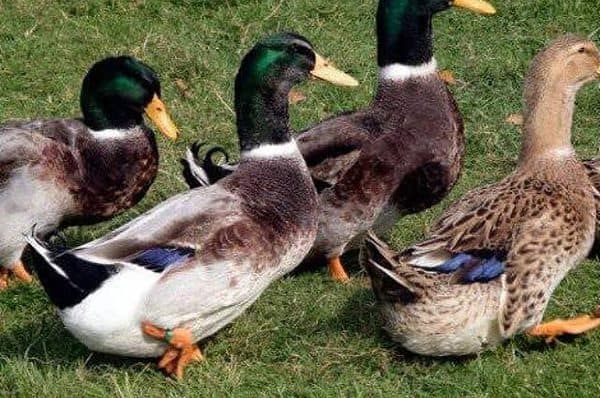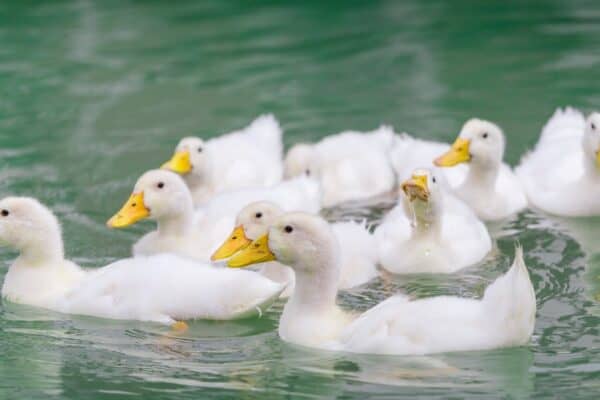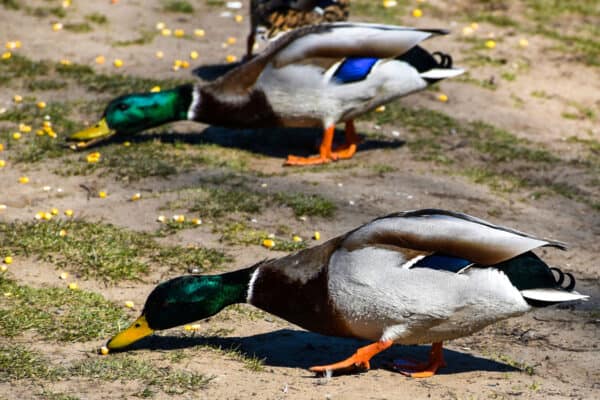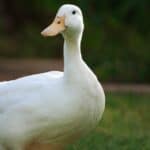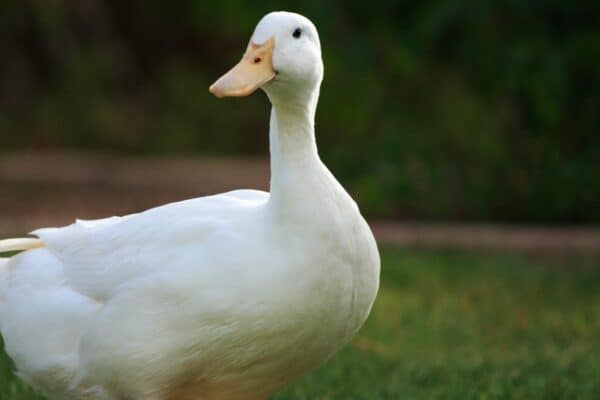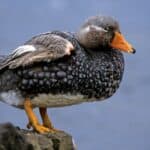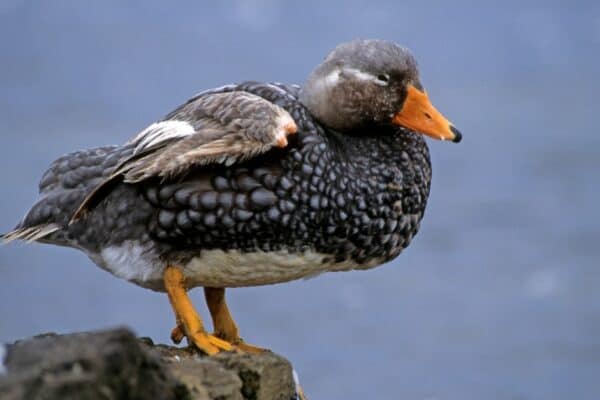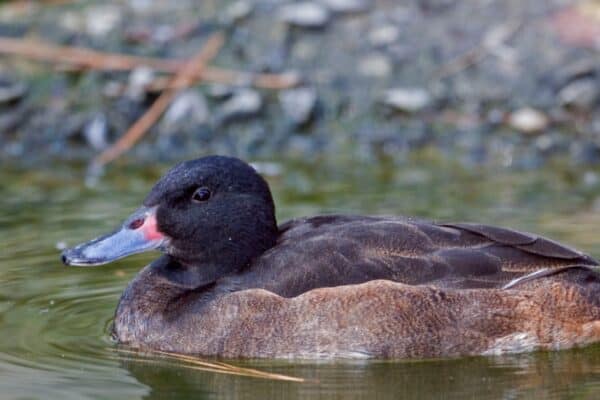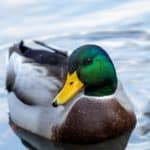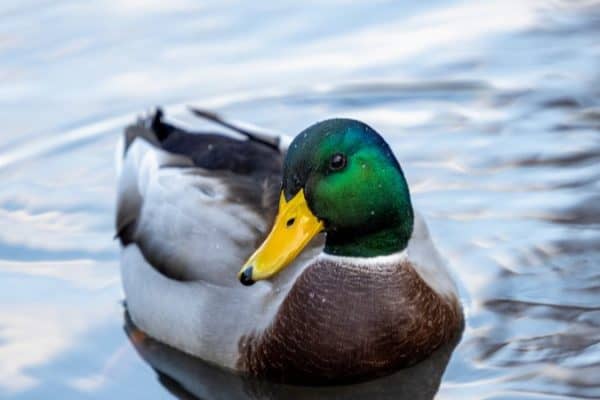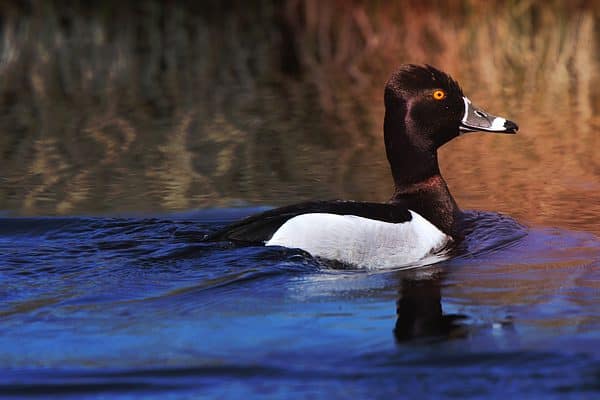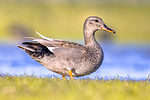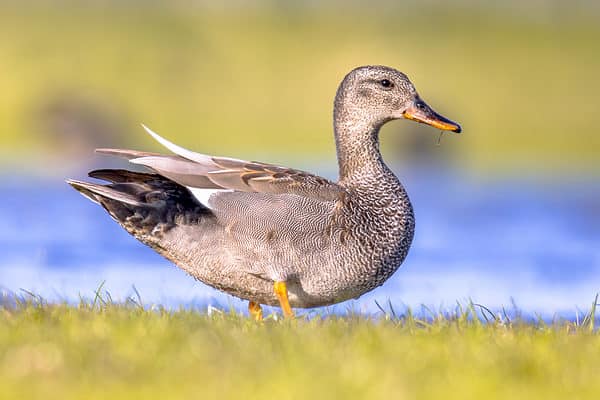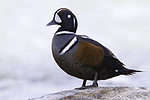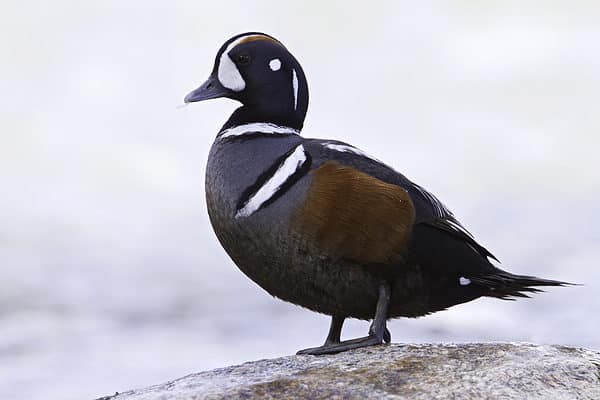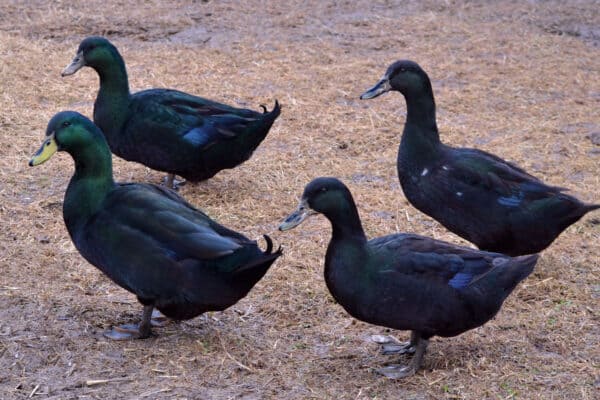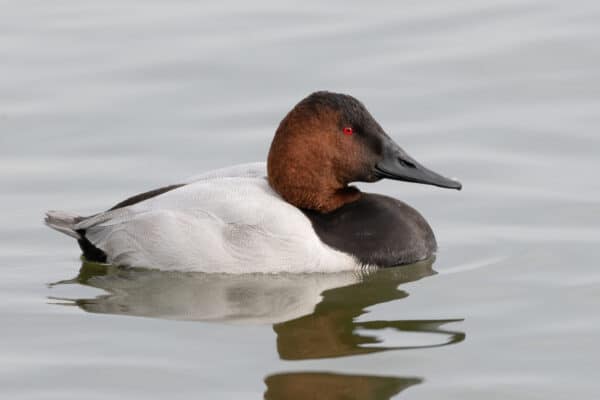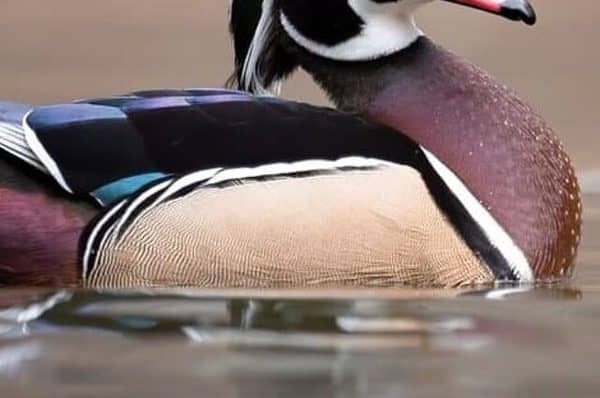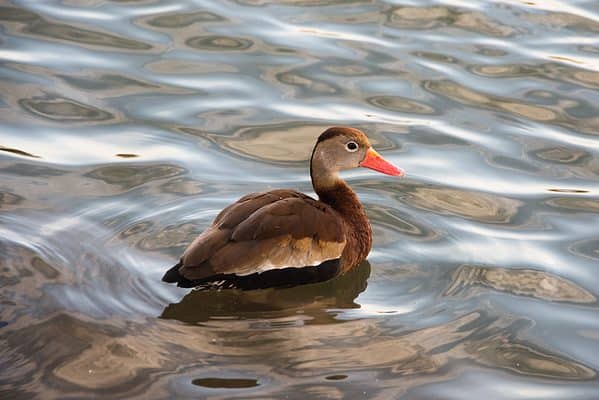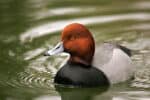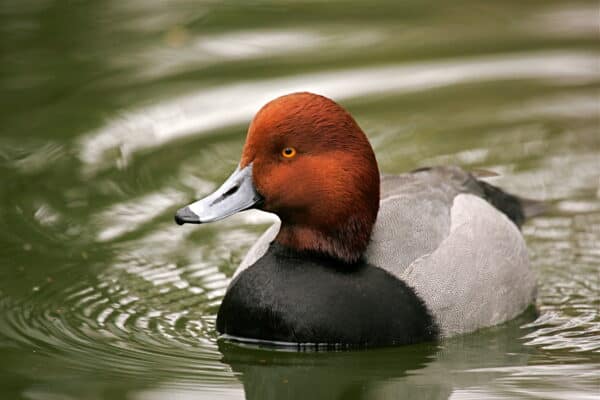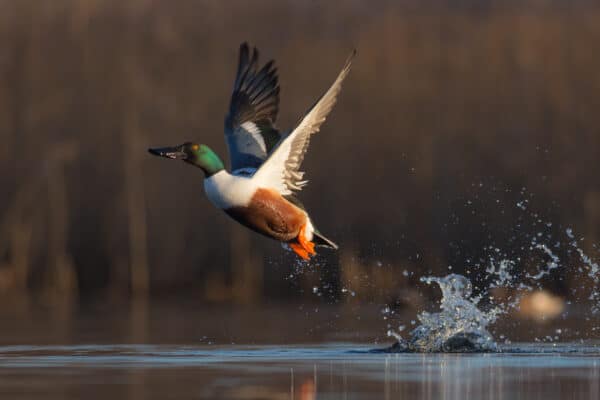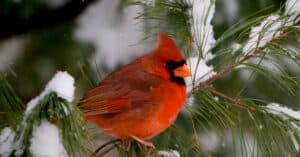Welcome to the Duck Quiz! Ducks are a common sight in parks, ponds, and other bodies of water around the world.
While they may seem like simple creatures, there is actually a lot to learn about these feathered friends. Whether you’re a seasoned bird-watcher or simply have a curiosity about these fascinating creatures, this quiz is a fun and educational way to test your knowledge of ducks.
So, let’s dive into the world of ducks!
Five Awesome Facts About Ducks
Ducks are fascinating creatures that are well-known for their unique features and behaviors.
Here are five awesome facts about ducks that are sure to surprise you:
- Ducks have waterproof feathers: Ducks have a gland located near their tail that secretes oil, which they spread over their feathers with their beaks. This oil makes their feathers water-resistant, keeping the ducks warm and dry even in the wettest conditions.
- Ducks can swim and dive underwater: Ducks are excellent swimmers and divers. They use their webbed feet to paddle through the water and their wings to balance and steer. Some species of ducks can even dive up to 30 feet underwater to search for food.
- Ducks are social animals: Ducks are social creatures and often live in flocks. They communicate with each other using a variety of sounds, such as quacks, honks, and whistles. They also have a unique courtship behavior, where males show off their plumage and perform elaborate displays to attract females.
- Ducks have a unique digestive system: Ducks have a specialized digestive system that allows them to digest a wide variety of foods, including insects, seeds, and even small fish. Their system also enables them to extract more nutrients from their food, allowing them to survive in a variety of environments.
- Ducks have a remarkable sense of direction: Ducks have an amazing ability to navigate using the earth’s magnetic field. They can also use visual cues, such as the position of the sun and stars, to help them find their way. This skill allows them to migrate thousands of miles to breeding and feeding grounds with remarkable precision.
These are just a few of the many fascinating facts about ducks. With their unique features, behaviors, and abilities, it’s no wonder why these feathered friends have captured the hearts and imaginations of people all over the world.
Appearance and Behavior
Ducks are known for their distinct appearance and behavior. They are medium-sized birds with broad, flat beaks and webbed feet that help them swim and dive. There are over 120 species of ducks in the world, each with unique characteristics and colors.
In terms of behavior, ducks are social animals that often live in flocks. They communicate with each other using a variety of sounds, such as quacks, honks, and whistles. They are also known for their elaborate courtship displays, where males show off their plumage and perform elaborate dances to attract females.
Ducks are excellent swimmers and divers. They use their webbed feet to paddle through the water and their wings to balance and steer. Some species of ducks can even dive up to 30 feet underwater to search for food.
One of the most notable features of ducks is their waterproof feathers. Ducks have a gland located near their tail that secretes oil, which they spread over their feathers with their beaks. This oil makes their feathers water-resistant, keeping the ducks warm and dry even in the wettest conditions.
Ducks have a unique digestive system that allows them to digest a wide variety of foods, including insects, seeds, and even small fish. Their system also enables them to extract more nutrients from their food, allowing them to survive in a variety of environments.
What is the Lifespan of a Duck?
The lifespan of a duck varies depending on the species and environmental factors, such as predators, disease, and availability of food and water. On average, most species of ducks have a lifespan of around 5 to 10 years in the wild. However, some species can live up to 20 years or more in captivity.
Factors that affect the lifespan of ducks include their size, habitat, diet, and level of protection from predators. Larger species tend to live longer than smaller ones, as they have fewer natural predators and are less susceptible to disease.
Ducks that live in protected environments, such as zoos or nature preserves, tend to have longer lifespans than those living in the wild. In captivity, ducks are less exposed to predators and environmental hazards and are provided with a consistent supply of food and water.
The diet also plays a significant role in the lifespan of ducks. A well-balanced diet that includes a variety of foods, such as grains, seeds, insects, and small fish, can help ducks live longer and healthier lives. Ducks that are fed a diet high in protein tend to have stronger immune systems, which can help them fight off diseases and infections.
Finally, the level of protection from predators can greatly impact the lifespan of ducks. Ducks that live in areas with a lot of natural predators, such as foxes or snakes, are more likely to have shorter lifespans. Similarly, ducks that are hunted by humans for sport or food are also at greater risk.
In summary, the lifespan of a duck depends on a variety of factors, including species, size, diet, habitat, and level of protection from predators. While most ducks have a lifespan of around 5 to 10 years in the wild, some species can live much longer in captivity or protected environments. By providing a safe and healthy environment with a balanced diet and protection from predators, we can help ensure that these fascinating birds live long and happy lives.



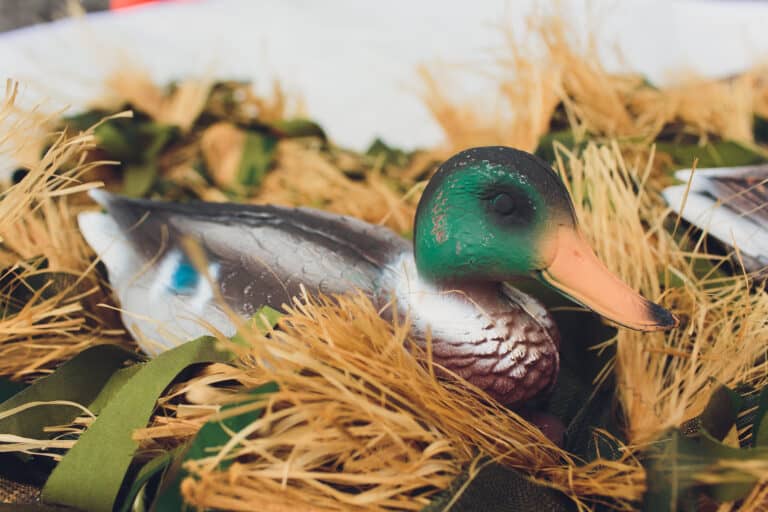
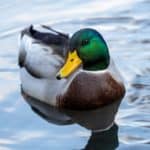
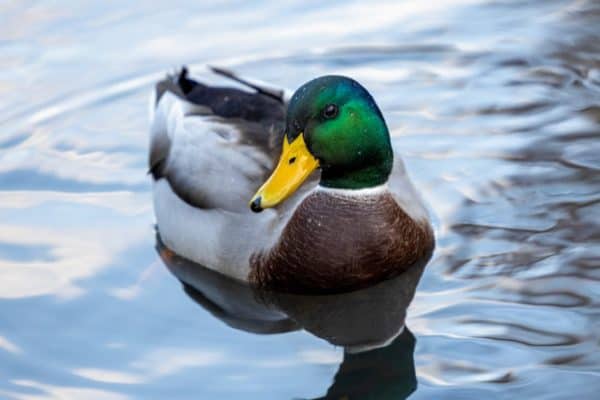
 David Pecheux/Shutterstock.com
David Pecheux/Shutterstock.com